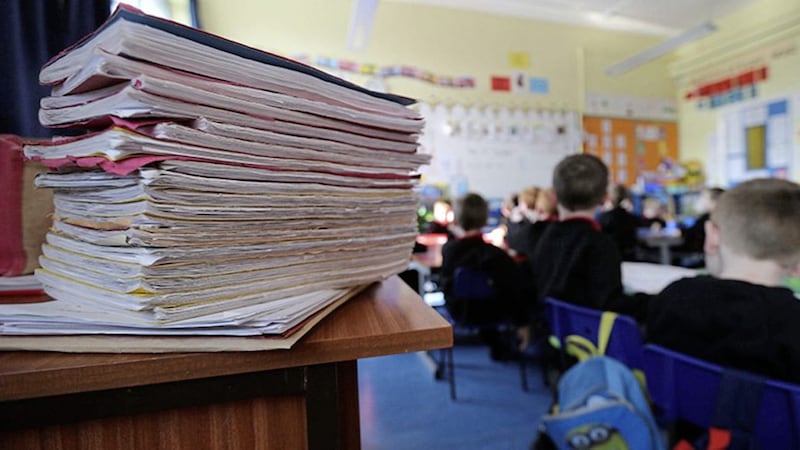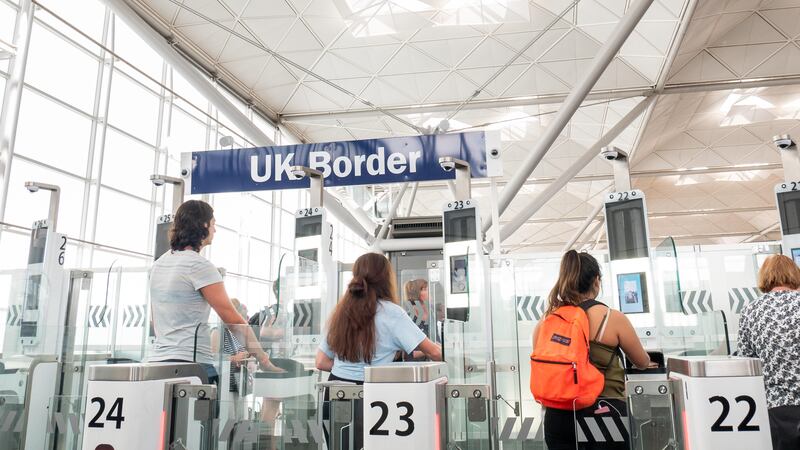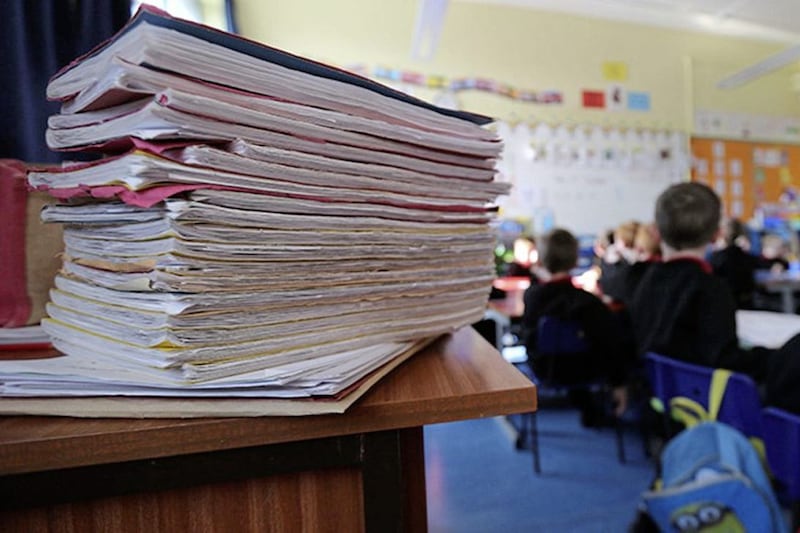CATHOLIC school pupils perform better than their Protestant peers because they place greater value on education, a report has found.
A study from the Executive Office highlighted marked differentials in achievement between predominantly Catholic and Protestant areas.
Investigating Links in Achievement and Deprivation (Iliad) was conducted by 10 experts from Queen's University Belfast and Stranmillis University College.
They aimed to understand some of the reasons for differences within and between deprived areas.
Previous studies had concluded there was a statistical relationship between deprivation and educational underachievement.
The new study looked at analysis of a sample of seven electoral ward areas, selected on the basis of religious composition, measures of multiple deprivation and how children performed at school.
Case studies comprised three largely Catholic wards, three largely Protestant wards and one mixed-religion - all in urban/semi-urban locations.
It found that pupils living in predominantly Catholic areas - Whiterock in Belfast and the Diamond and Rosemount in Derry - did better.
They enjoyed higher levels of attainment in terms of five GCSEs A*-C than predominantly Protestant wards of Duncairn, Woodstock and Tullycarnet in Belfast.
The report found this was associated with "the relative value placed on education" and "perceived levels of detachment or attachment of schools".
"In the predominantly-Catholic wards of The Diamond, Whiterock and Rosemount, there were well-established, collaborative learning communities, with Catholic maintained schools at the hub," the report found.
"It was clear that most Catholic maintained schools in this study were not stand-alone entities in the community - their leaders had enhanced the connectedness between the school and the community, with parents, schools and groups sharing responsibility for the academic progression of local young people.
"In general, the qualitative data evidence a higher value placed on education in the predominantly-Catholic case study wards than was found in the predominantly Protestant wards."
The data suggested that this was related to historical experiences of discrimination in the Catholic community in terms of the industrial labour market; the value of education being championed by nationalist politicians; the role of the Catholic ethos in encouraging learning in disadvantaged communities; and "negative socio-cultural norms in some working class Protestant communities around education".
Alliance education spokesman Chris Lyttle questioned why it took two years to release the report.
It was commissioned by the then Office of the First Minister and Deputy First Minister in March 2012, before a draft was sent in 2015.
"It showed a number of factors have a negative impact on educational achievement, including a system favouring children whose parents have the means to pay for private tuition, a reduction of self-esteem of pupils who fail or do not sit the transfer test and insufficient support for students with special educational needs," he said.
"The question is also begged as to why the DUP and Sinn Féin failed to publish the report of this three-year study that costs hundreds of thousands of pounds. This report, which finds access to the best education is too often determined by socio-economic status, should be given the full consideration and response it deserves."
::
ACADEMIC selection favours those parents with the means to pay for private tuition.
The negative effects of the north's unregulated 11-plus system was among the issues examined by the Ilyad report.
It found that transfer tests had a negative impact in terms of confidence levels and self-esteem of "those pupils who fail or do not sit the transfer test".
The report also spoke of Grammar schools "creaming likely high achievers from non-selective schools - thus depriving pupils in the non-grammar sector of positive (peer) role models".
In addition, it said "the current system of selection favours those parents with the means to pay for private tuition".
Sinn Féin education spokeswoman Karen Mullan welcomed the report.
"This report is yet further evidence of the hugely damaging impact which academic selection has on our education system and the well-being of our young people," she said.
Former DUP education minister Peter Weir said of people "simply concentrate on what happens at 11 we have missed the boat".
"The criticism within the report on the advantage of private tuition ahead of selection has already been addressed by myself in lifting the ban on any primary school preparing their pupils," he said.



